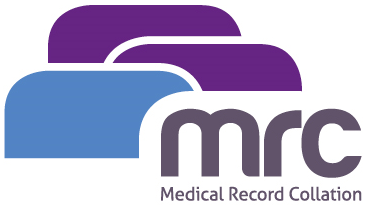I wasn’t ready for it. A very irate mother, slapping her 15 year old daughter’s prescription for Microgynon 30 on my desk at 10 o’clock in the morning. And this was in a 10 minute appointment when I was already 25 minutes behind. She made it very clear that she did not approve of my prescribing for her daughter, especially without her consent. I was unable to get a word in my defence against the torrent of anger and threats of litigation.
Eventually, I was able to restore some calm to the situation and we agreed to discuss the matter in a more relaxed manner, later in the day, when there was less time pressure.
So what guidelines exist out there on children’s rights with respect to competency for decision making and consent to treatment generally, without requiring parental consent, and their right to confidentiality?
The established standard is based on the 1982 Gillick v West Norfolk and Wisbech Area Health Authority. This has subsequently been developed for consent for treatment (so called ‘Gillick Competence’) and the Fraser Guidelines for providing contraceptives.
The Health Authority had previously advised that prescribing contraceptives was a matter of judgement for the doctor, and in the case of those under 16 years, could be done without parental consent.
Mrs Gillick argued that by prescribing contraceptives to minors (under the age of 16 years) doctors would be encouraging sex with a minor and therefore committing an offence and also that the parents had a vested interest in providing that consent.
In 1984 Mr Justice Woolf dismissed Mrs Gillick’s case, only for it to be overturned at the Court of Appeal. In 1985 the Law Lords (Lord Scarman, Lord Fraser and Lord Bridge) focused on the issue of consent, ruling in favour of the original judgement. In essence, they ruled that the child’s competence for giving consent depended on the child’s maturity and understanding of the consent required. Additionally the child must be capable of making a reasonable assessment of the advantages and disadvantages of the treatment proposed.
The Fraser Guidelines, from the judgement, apply specifically to contraceptive advice:
“…provided he is satisfied in the following criteria:
- That the girl (although under the age of 16 years) will understand his advice;
- That he cannot persuade her to inform her parents or allow him to inform the parents that she is seeking contraceptive advice;
- That she is very likely to continue having sexual intercourse with or without contraceptive treatment;
- That unless she receives contraceptive advice or treatment her physical or mental health or both are likely to suffer;
- That her best interests require him to give her contraceptive advice, treatment or both without parental consent.”
Later that day we met, and interestingly her daughter came along too. We discussed the Gillick ruling and the Fraser Guidelines and we were able, finally, to have an understanding that my actions were reasonable and legal. Her daughter also expressed her views to her mother, especially with respect to her wish for confidentiality.
Written by Dr M Hickey
